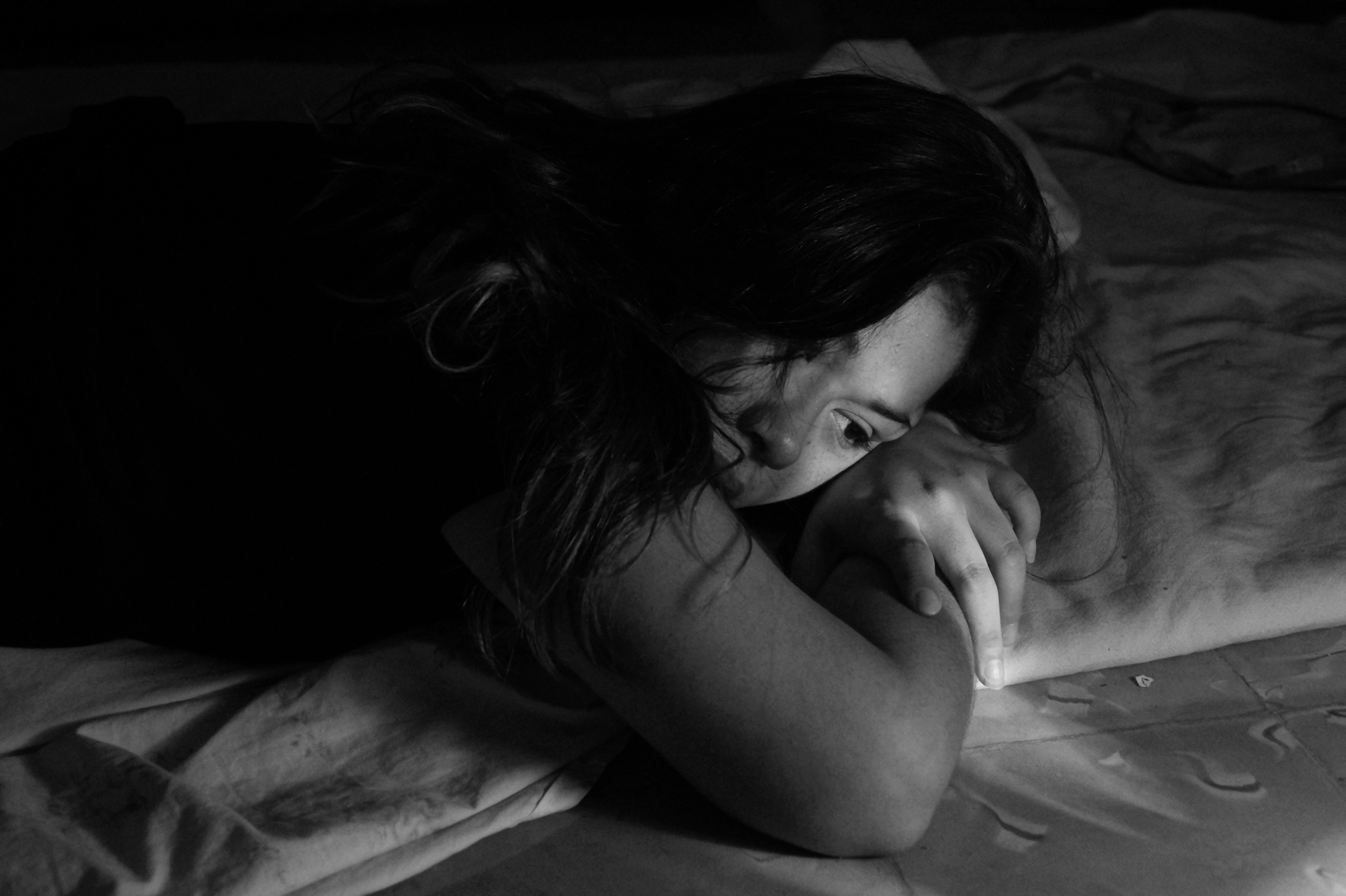Child Sexual Abuse and the Myth of Vampire Syndrome

Written by: Melissa Goldberg, PsyD
During the Q&A section of a Grand Rounds presentation I gave last week titled “Classification and Prevention of Child Sexual Abuse,” I was asked a question about whether sexually abused children are more likely to commit sex crimes as adults.
The idea that children who are sexually abused will go on to sexually abuse other children is sometimes referred to as the “vampire syndrome,” taking its name from the horror story trope that once a victim is bitten by a vampire, they will go on to become a vampire themselves.
The vampire syndrome myth is one that can be a barrier to the healing process for victims of child sexual abuse, and often leads to maladaptive beliefs and attributions related to the abuse, including thoughts such as “I’m ruined forever” and “I will never be able to move past this.” Additionally, across our country, there are systems in which sexually abused children are stigmatized, feared, and placed in more prohibitive settings than their non-sexually abused peers.
While there have been many reports of alleged sexual abuse in sex offenders’ histories, this provides no evidence of prospective risk. This means that just because some convicted offenders endorse a history of child sexual abuse, it does not mean that it makes any victim more likely to go on to abuse. In response to a CDC recommendation, recent studies have looked at this issue differently, trying to determine whether a history of abuse could predict violence before it occurs, rather than after the fact.
A study I frequently refer to, conducted by Cathy Spatz Widom and Christina Massey in 2015, followed children who were abused and neglected, as well as those without this type of trauma history, into adulthood. They found that those who had histories of physical abuse and neglect were at increased risk for arrest for a sex crime as an adult, but those children who experienced sexual abuse were not significantly more likely than their non-abused and neglected counterparts to be arrested for sex crimes.
In other words, this study does not uphold the myth of “vampire syndrome” in victims of child sexual abuse. While child sexual abuse is associated with a number of mental and physical health outcomes, it appears an increased likelihood of becoming an offender is not one of them.
Widom CS, Massey C. A Prospective Examination of Whether Childhood Sexual Abuse Predicts Subsequent Sexual Offending. JAMA Pediatr. Published online January 01, 2015169(1):e143357. doi:10.1001/jamapediatrics.2014.3357